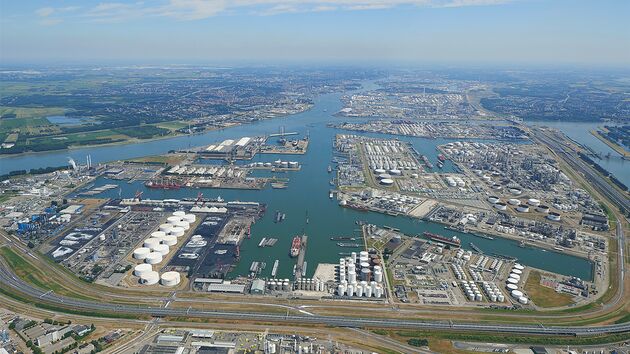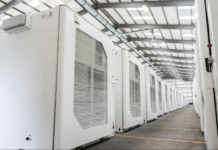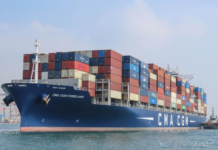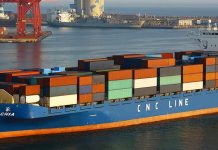
The Port of Rotterdam Authority and Yokogawa Electric Corporation have launched a feasibility study to increase cross-industry integration for the efficient use of energy and utilities in the Rotterdam industrial cluster, with the objective of contributing to ambitious regional decarbonisation targets.
A preliminary scan revealed that optimising the use of electricity and utilities across businesses might result in cost savings of up to 5%.
Individual petrochemical businesses have typically substantially optimised their own operations. However, worries about revealing sensitive information frequently prevent businesses from reaching ‘beyond the fence’ to collaborate with other enterprises in an industrial cluster, even if doing so might result in additional energy and resource savings.
The Port of Rotterdam and Yokogawa want to overcome this barrier by facilitating the confidential sharing of data and greater cluster integration in order to realise the significant potential efficiency advantages of optimising production across entire industrial clusters.
Industrial flexibility may be strengthened by integrating several utilities such as heat, electricity, and hydrogen, which leads to new efficiency. In the case of electricity, for example, consumption “behind-the-meter” may be optimised among adjacent firms to control peak demand, which may also assist in preventing or minimising electrical grid congestion in the port area. The same strategy may be used to orchestrate the use of other utilities.
The two organisations have conducted a pre-feasibility study that identified potential savings of a variety of utilities using computer simulations and comparisons with activities in the Rotterdam port industrial cluster. This was combined with in-depth seminars and roundtable talks with several firms engaged in this sector.
According to a statement, the pre-feasibility study found that improved alignment of the use of electricity, heat, steam, and feedstocks such as water and industrial gases resulted in reduced costs and a lower environmental impact. Deeper integration and optimisation within the industrial cluster might result in long-term savings of up to 10%.





